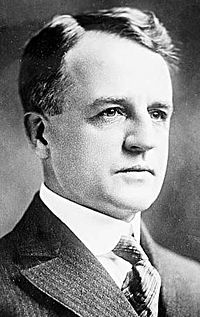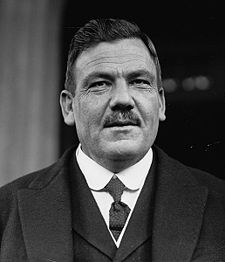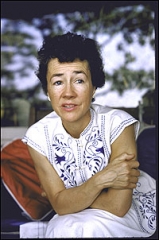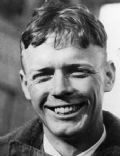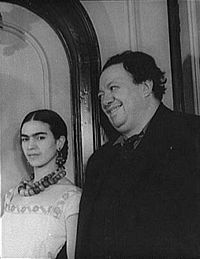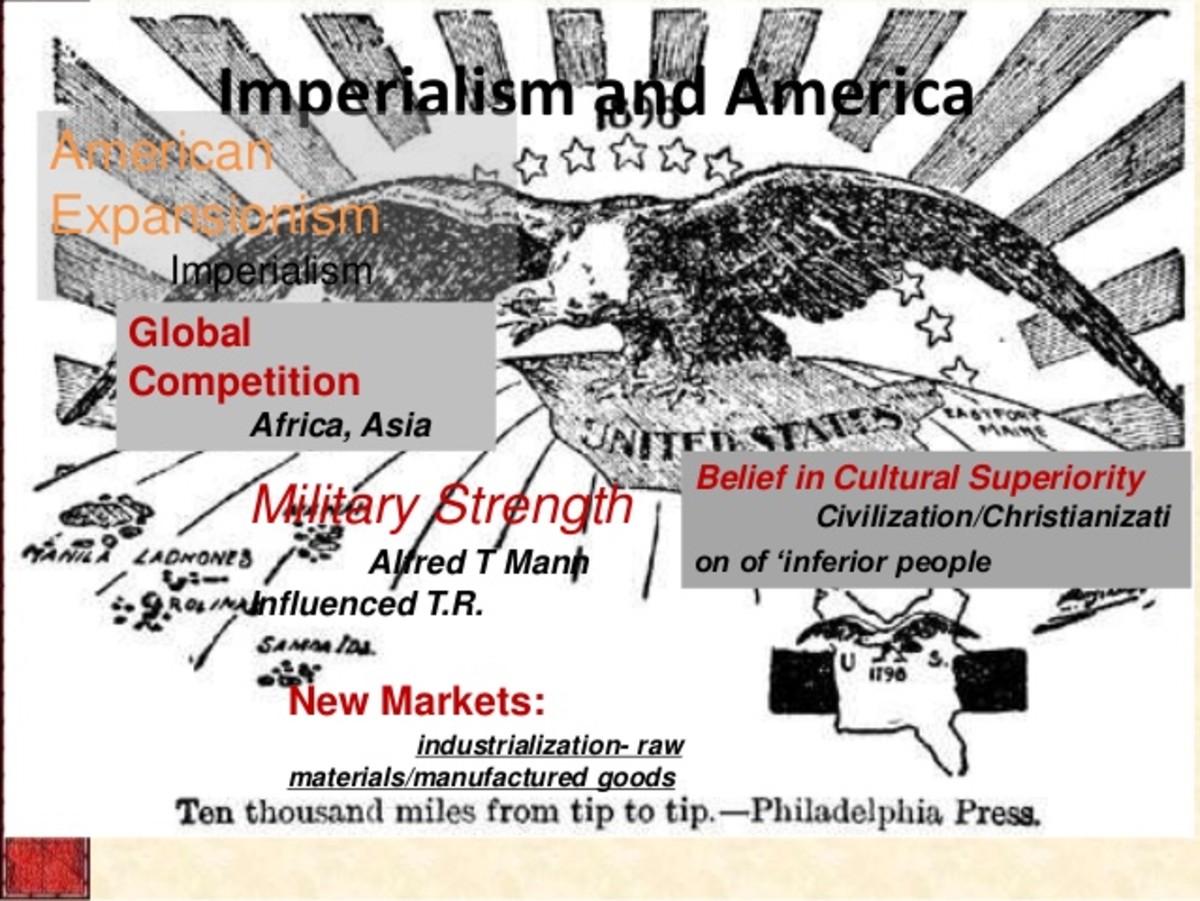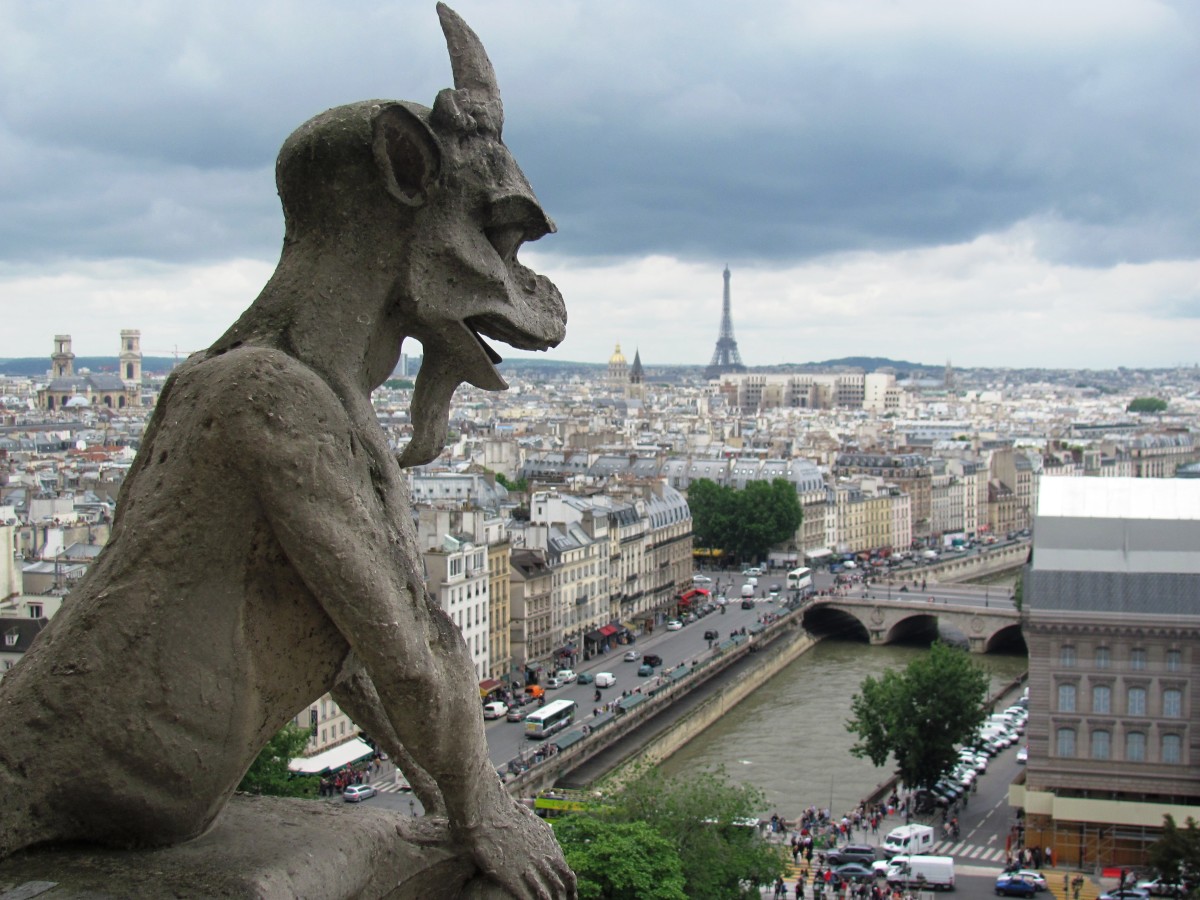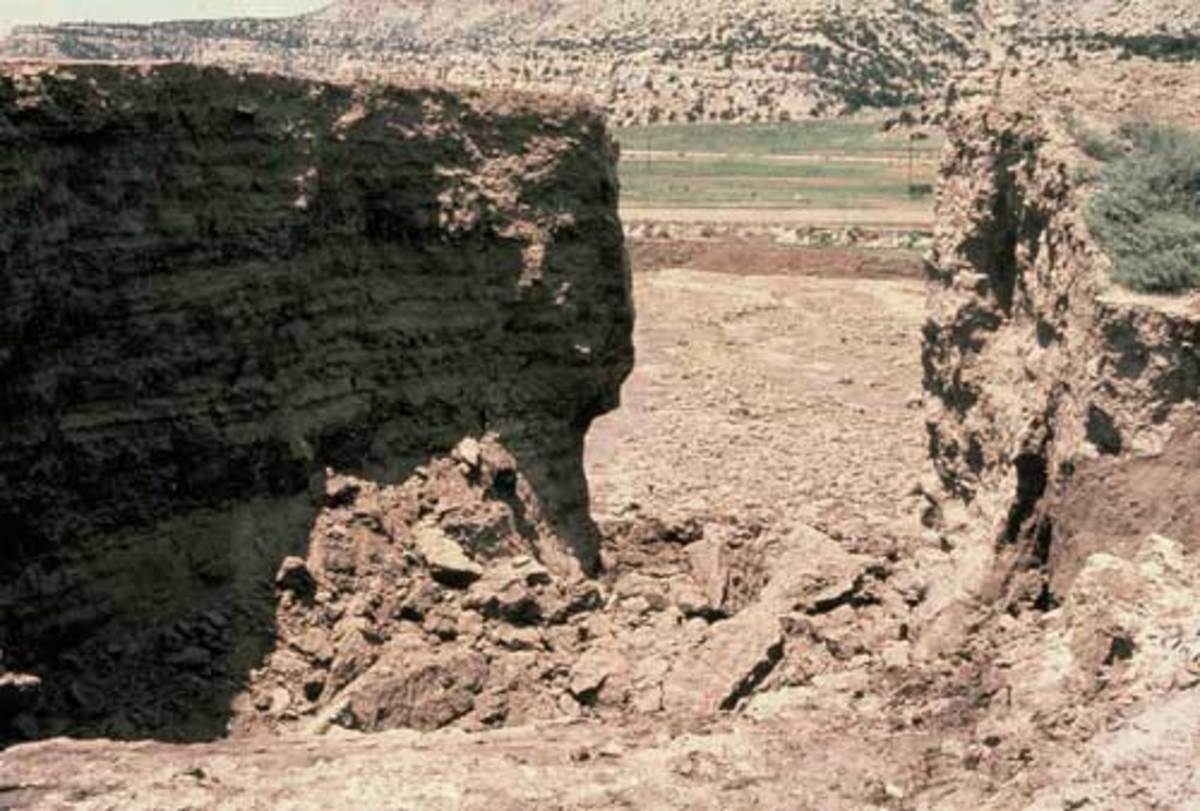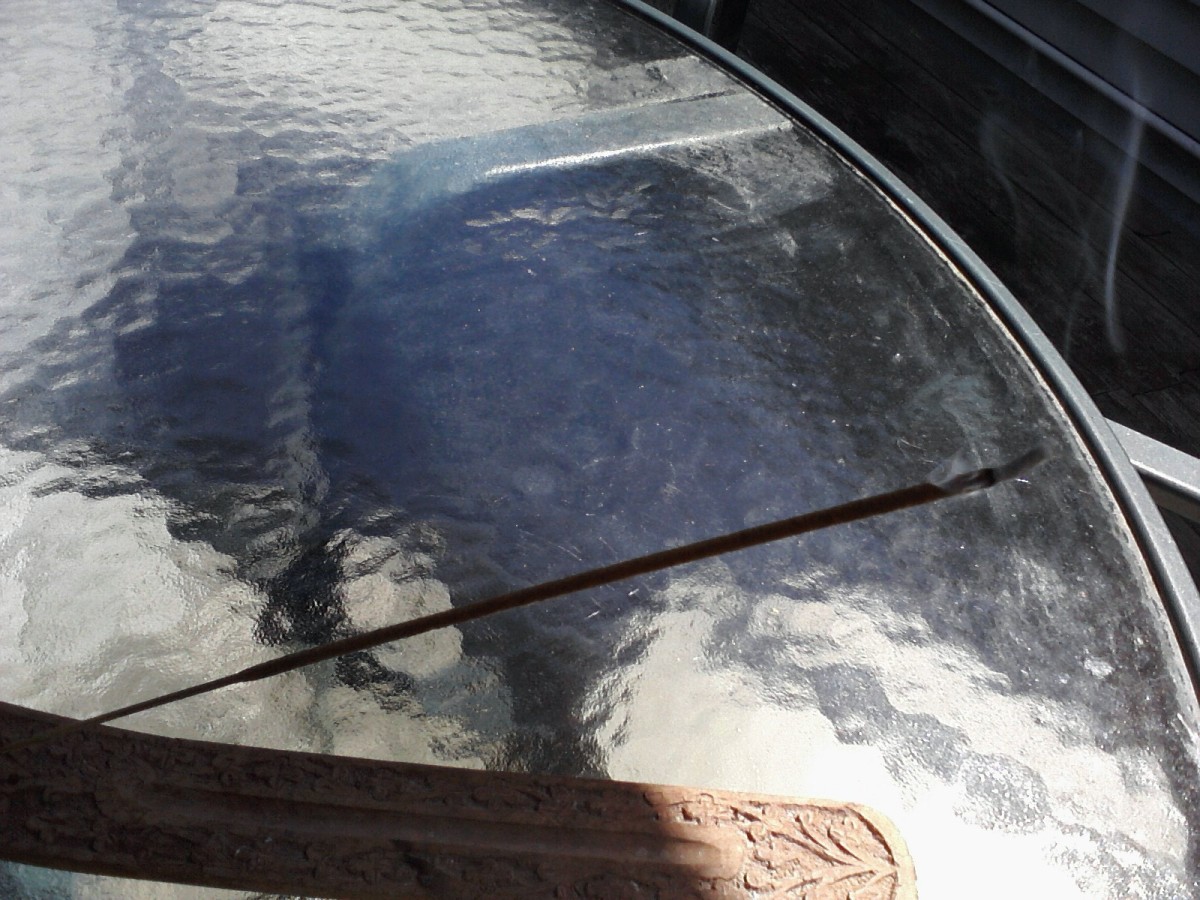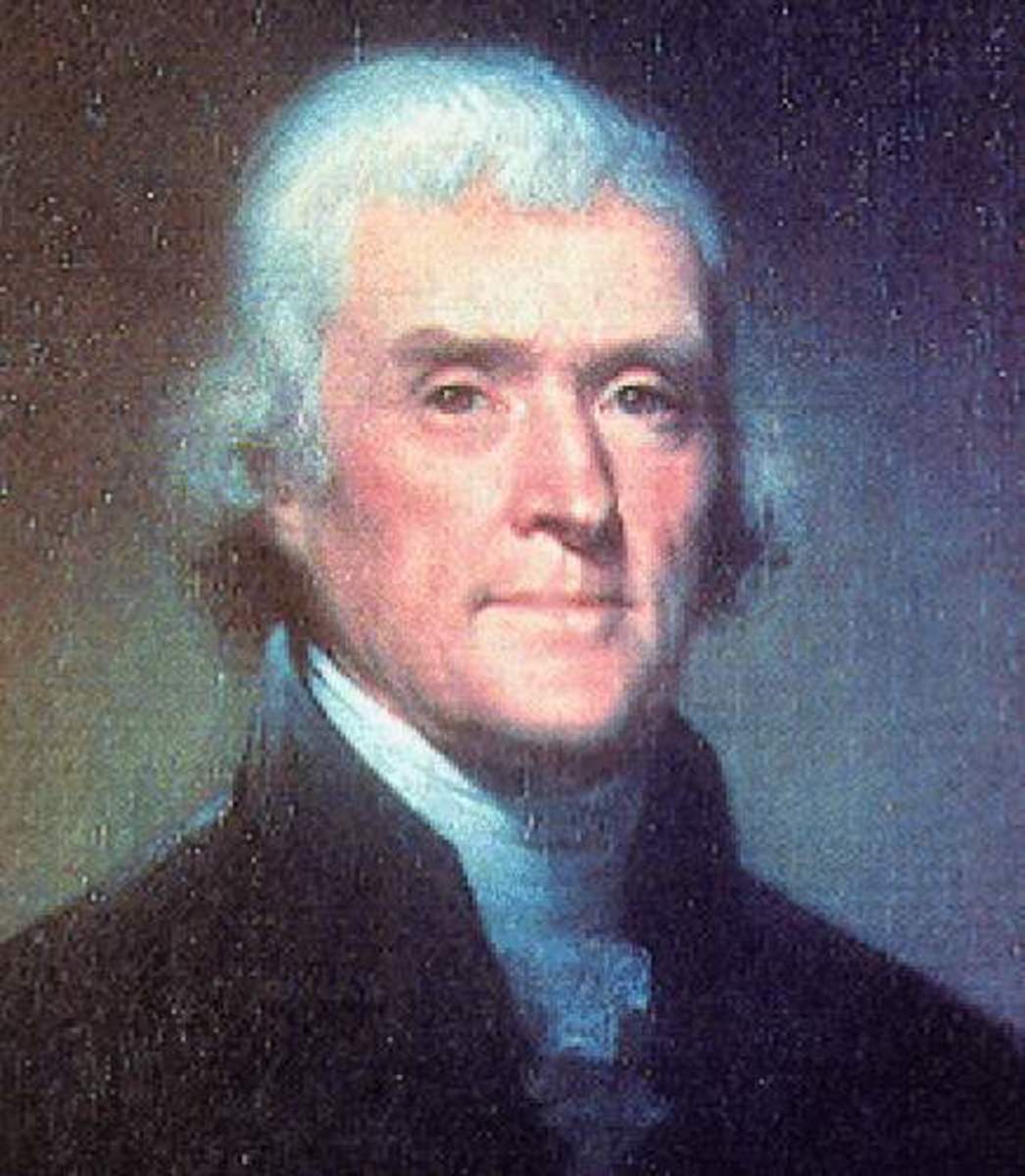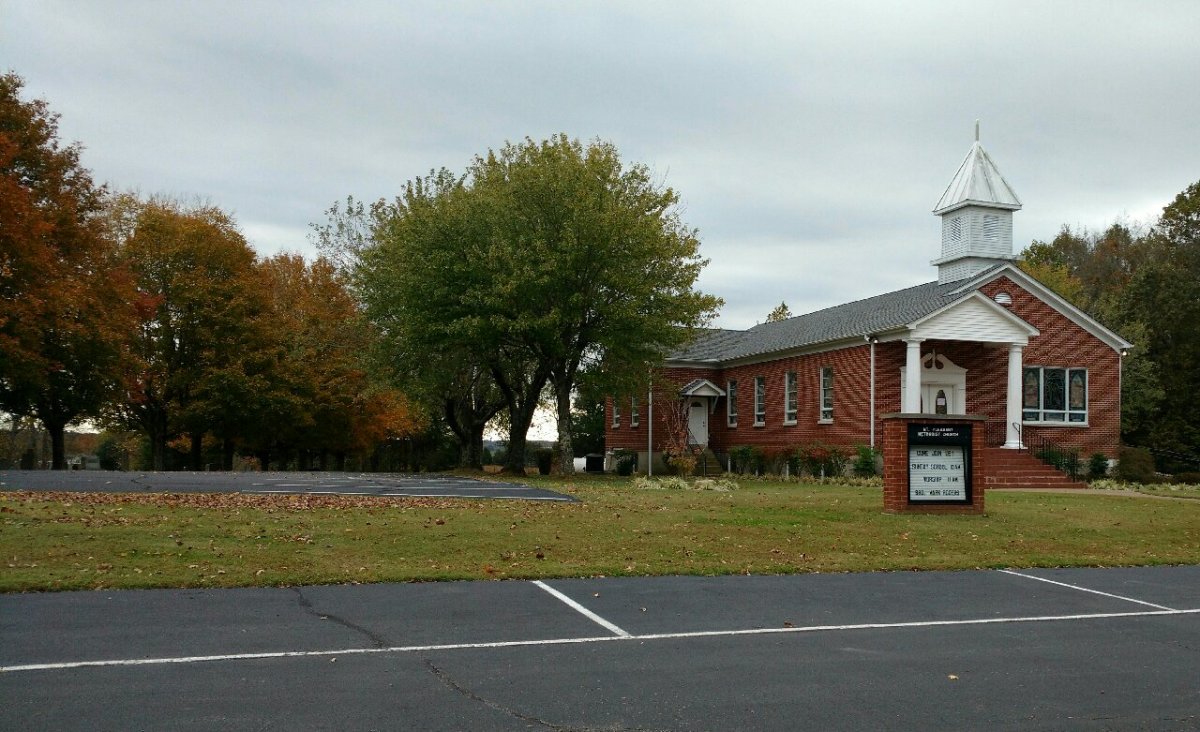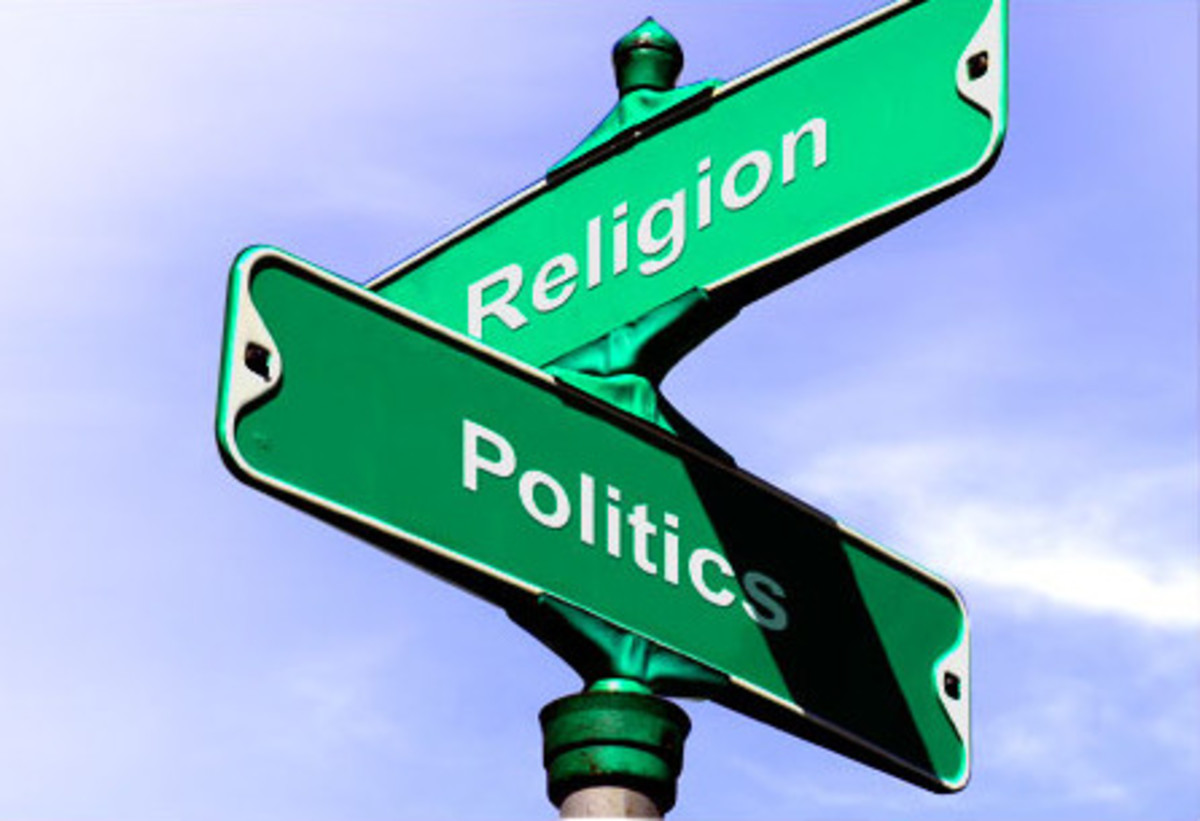Diplomacy: Dwight Morrow's Strong Suit.
TWO STRONG AND CUNNING MEN
Click thumbnail to view full-size




Strong Man, Calles, Backs Down
Diplomacy was Dwight Morrow’s Strong Suit
As I see Barack Obama struggling to find the right tone in dealing with Russian politicians this week, I can’t help thinking that he has a tough row to hoe in trying to be a man for all seasons. He has a tremendous load on his young shoulders and I wonder if, when the setbacks come, as they must, he will handle them with the same aplomb as he has managed his successes so far.
One man, whom history has largely forgotten, is Dwight Morrow, an American who didn’t seek high political office, but was an able banker and financier in the first half of the last century, leading to his appointment as ambassador to Mexico, a post which has often caused many problems between the United States and their brothers south of the border.
My article today deals with a little known incident during his tenure in Mexico, but one that brilliantly illuminates the man.
When one looks briefly at the archives containing the efforts of American politicians in general in Mexico, one can’t help wondering if, in some cases, they had been trying to start a war.
In recent years, however, ambassadors have been rather more low key, avoiding the trap of handing out gratuitous advice and commenting on how Mexico manages its internal affairs. The outstanding exception is the pressure Washington has put on Mexico to play its part in the war against drugs, but that is outside the mandate of this article.
Dwight Morrow was formerly a partner at J.P. Morgan who was appointed as ambassador down south at the time the Teapot Dome scandal had stunned Washington into silence, especially when it was found the US ambassador of the time had been involved in illicit oil deals.
(You may remember Teapot Dome was the geological feature in Wyoming that marked the oil reserves involved in the bribery scandal over US Naval oil , etc.)
In appearance, Morrow was not unlike Jack Kennedy; he was also most intelligent with an easy wit, spiced with a good helping of Yankee charm. He fascinated Mexican President Calles from the day they met in the National Palace on October 29. Unlike many of his contemporaries before or since, Morrow was a genuine Mexicophile. He purchased a grand mansion in Cuernavaca and furnished it with handmade Mexican/Spanish Colonial style furniture. Morrow knew the value of keeping a good cellar and table and mariachis were always strumming at his soirees.
But Morrow’s greatest strength was that he retained the common touch and was not afflicted with the superiority complex so disliked in foreigners by Mexicans.
(This inferiority complex goes back to the Spanish Conquest and gave rise to Machismo, a subject I will deal with in another article)
Morrow had arrived in Mexico at one of the most chaotic times in that nation’s history caused by the schism Calles had created with the Catholic Church in disallowing mass and preaching in the country’s thousands of churches. Just before Morrow had agreed to go on a tour with Calles to visit other states in the Republic, a priest by the name of Father Proa was arrested and summarily shot without trial in back of the old police building in Mexico City, (where the national lottery building now stands). As 90% of the country’s population was firmly Catholic, the atmosphere was verging on revolution and Morrow was seen as an ally of Calles, ensuring his own lack or popularity. But the truth was Morrow, although not a Catholic, was bitterly opposed to the ideas of Calles and vowed to do all he could as ambassador to bring church and state together again, at least in the matter of allowing Mexicans freedom to worship how they chose. (The Church and the State in Mexico are separate in that the Church has no say in the governing of the country - except quietly, behind closed doors).
Charles Lindbergh was to be one of the chief factors in bringing the Catholic leaders and the Mexican presidency back into the fold together. Lindbergh had met and fallen in love with Morrow's attractive daughter, Anne, who he eventually married. In May of 1928, Morrow and Lindbergh arranged for Calles to meet Father John Burke of New York, and they met in secret three times. Calles went from ranting and raving against the church to a mood of quiet acceptance of the logic brought by the American cleric and Morrow. How long, they asked him, could the will of nearly all the people be perverted in this way that must lead to conflict? The upshot of the meetings were a huge diplomatic success for Morrow as the churches were allowed to function again within one year.
Morrow, though, wasn’t above making a diplomatic gaffe himself. As Calles made an extraordinary speech of resignation himself the next year, Morrow leaped to his feet to cheer when he felt the firm restraining hand on his shoulder of Mr Ovey, the British ambassador sitting next to him. “I suppose I ought not have done that,” Morrow said. “No,” replied the dignified Englishman, “You ought not.”
Despite Morrow’s good works, he could not have anticipated Plutarco Calles subsequent actions and his continued harassment of the church all his political life, through the period know in Mexico as the “Maximato,” during which Calles allowed elections of Portes Gil as president, but manipulated the strings of power behind the scenes. His pandering to North American interests would seem to have been to further his own at the time, one of which was to control all the oil leases again, finally ending when President Cardenas cancelled foreign oil leases 10 years late, aided by another huge, US ambassadorial gaffe which I may bring to you in another article. Calles most important legacy was perhaps his founding of the PRI (The Institutional Revolutionary Party) which would hold office for 70 years, right up to the end of the 1990’s.

